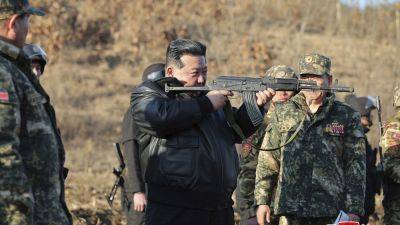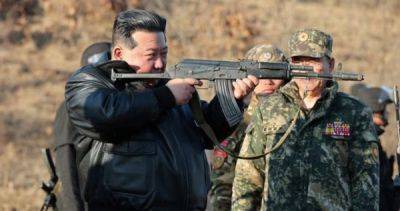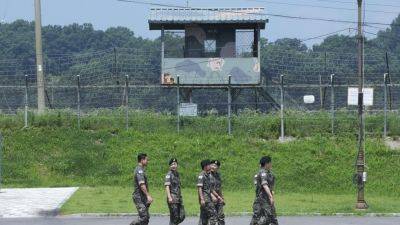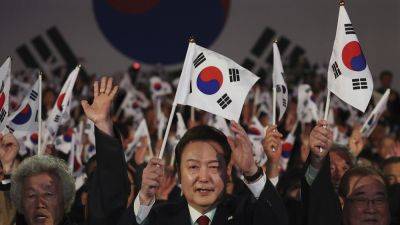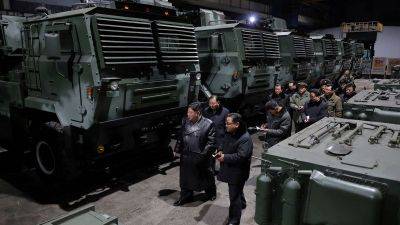Why N Korea no longer wants to reunite with the South
In a speech delivered at the Supreme People’s Assembly in January, North Korea’s leader, Kim Jong Un, stated that reunification with South Korea was no longer possible and that their neighbor should now represent the “primary foe and invariable principal enemy.”
This amounted to a rare foreign policy pivot by Pyongyang, which consistently aimed for reunification of the peninsula since it was divided in the armistice that ended the 1950-1953 war.
Pyongyang’s new position towards the South has been widely interpreted as evidence of warmongering on the part of the North. The South, by contrast, is almost always portrayed as a benign neighbor and an unwilling target for threats of aggression. But it’s not as simple as that.
When it comes to North Korea’s foreign policy shifts, political developments and public opinion in the South play a key – if often understated – role. Pyongyang must also consider domestic factors when making statements about peninsular relations.
Politics in South Korea
Relations with the North are one of the most contentious issues in South Korean politics. Changes in power between political parties can often result in policy pivots in Seoul from hostility to reconciliation and back to hostility. Efforts towards friendlier peninsular relations are known as the “sunshine policy” in Seoul.
South Korea’s presidential system limits presidents to a single five-year term. This means that presidents interested in improving relations with Pyongyang only have a few years to make progress before leaving office.
For continuity to be guaranteed, the incumbent president is reliant upon their successor being similarly minded and possibly even part of the diplomatic team in a junior or advisory role and so already


